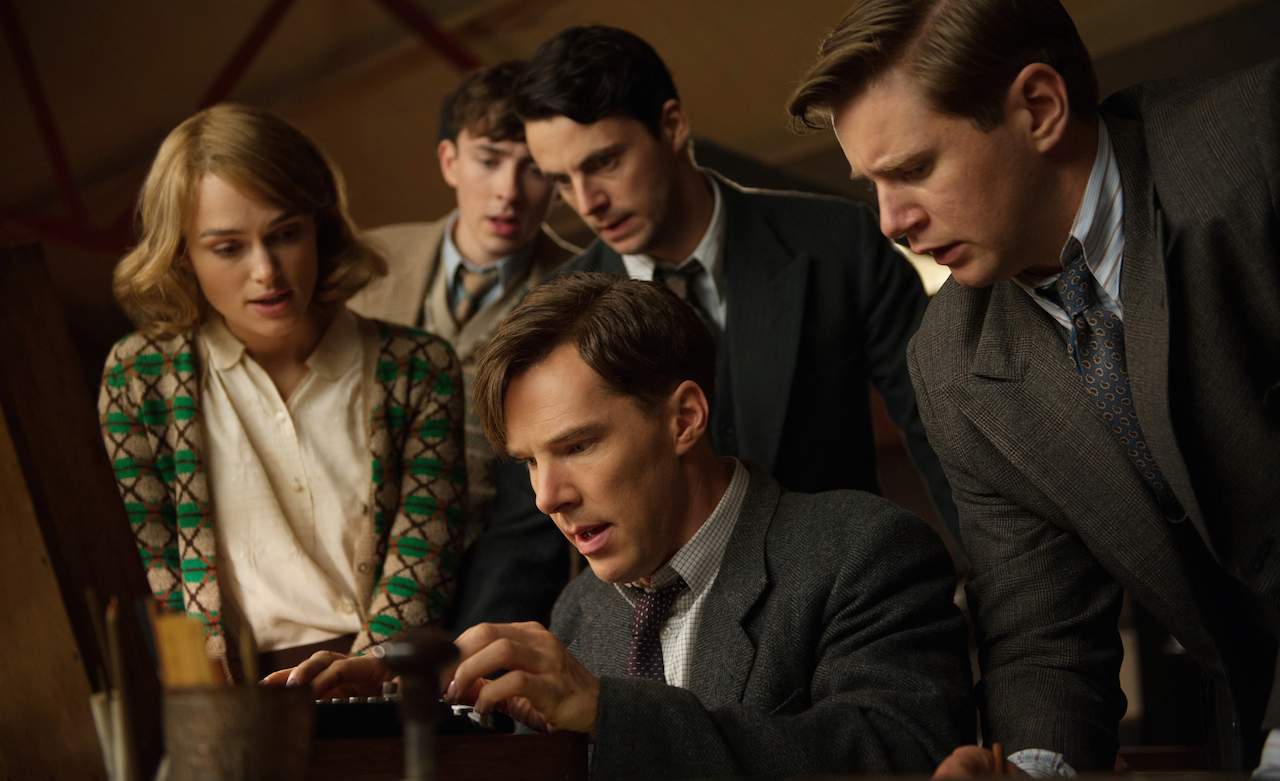The Imitation Game
Alan Turing helped end WWII, conceived the digital computer and pioneered artificial intelligence, yet few even know his name.
Overview
"Well, this changes everything."
It's a common enough expression, used almost entirely hyperbolically in circumstances like preparing a bowl of cereal before discovering your milk's already past its due by date.
Every so often, however, the adage is justified, as was the case in 1974 when it was revealed to the world that Germany's infamous WWII 'enigma code' had in fact been cracked some 30 years earlier by a small group of English mathematicians.
That announcement changed history. Textbooks were rewritten, curriculums revised and almost every detail of the global conflict reexamined. For three decades, credit for the extraordinary intelligence windfall that helped expedite the War's end by as much as two years fell to an unnamed Allied spy within Berlin operating under the codename 'Ultra'. That man did not exist, and now The Imitation Game, based on the biography Alan Turing: The Enigma, explores the true source of the Allies' codebreaking secret.
Benedict Cumberbatch plays Turing, a man whose name should rightly be known the world over, twice, and yet whose story remains largely unfamiliar. For one, he was the genius behind the machine that cracked the Nazi code, and two, he effectively pioneered development of both artificial intelligence and the digital computer.
It's an astounding story, both for its marvel and misery, and The Imitation Game seeks to capture both. Artistic licence notwithstanding (there are no recordings of Turing, or at the very least no declassified ones), Cumberbatch's masterful performance brings to life a man whose mathematical genius was matched only by his social dyslexia and his torment at being gay in an age when homosexuality was still illegal under British law.
Surrounding him is an all-star, all-English ensemble, including: Mark Strong, Keira Knightly, Matthew Goode, Charles Dance and Rory Kinnear. Newcomer Alex Lawther also deserves special mention in his turn as the young Turing, whose flashback scenes are perhaps the film's most poignant and emotionally charged.
Director Morten Tyldum (Headhunters) balances his three timelines well, using the prep school years and wartime experiences to inform Turing's later disposition during his 1952 police interrogation in which he was charged with 'gross indecency'. Turing's ultimate fate was a despicable one, sentenced to state-sanctioned chemical castration by the same government that only ten years earlier had been saved by his extraordinary abilities. It was only in 2013, in fact, that he received a posthumous pardon by the Queen, and if there's a problem with The Imitation Game, it’s the way the subject of homosexual persecution is largely dispensed with upon the film's conclusion, despite being so deftly introduced and explored earlier.
"Sometimes it's the people no one imagines anything of who do the things that no one can imagine." These words, first uttered to Turing by his childhood sweetheart (and then repeated — albeit a little clumsily — several further times throughout), underscore The Imitation Game's representation of Turing as an astonishing man who almost singlehandedly achieved the impossible without ever seeking, or receiving, any acknowledgment for it. His is a story that needs to be known, and thanks to this film, more will not just learn of Turing, but hopefully seek out and explore it in far greater detail thereafter.





